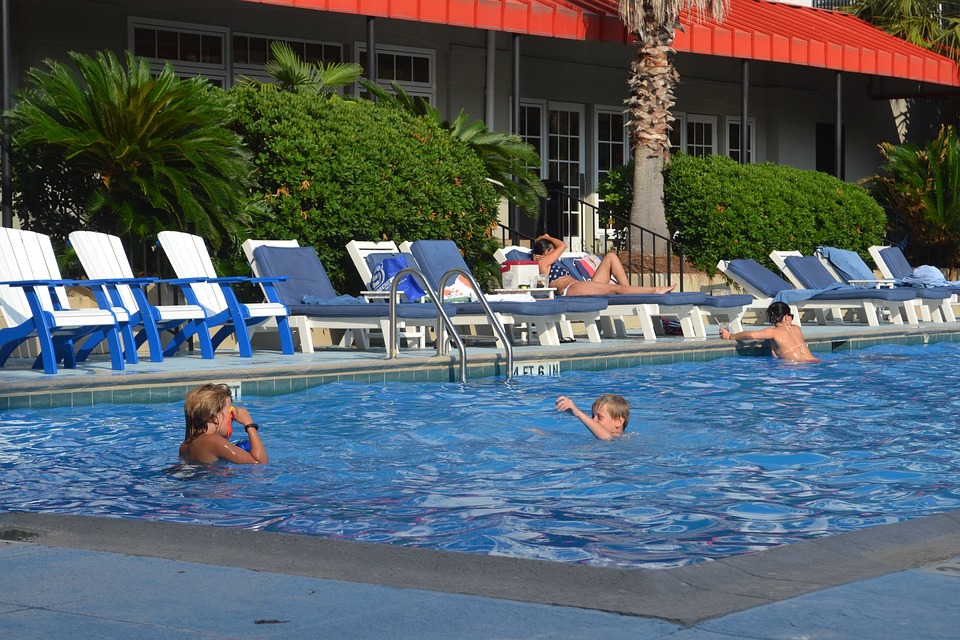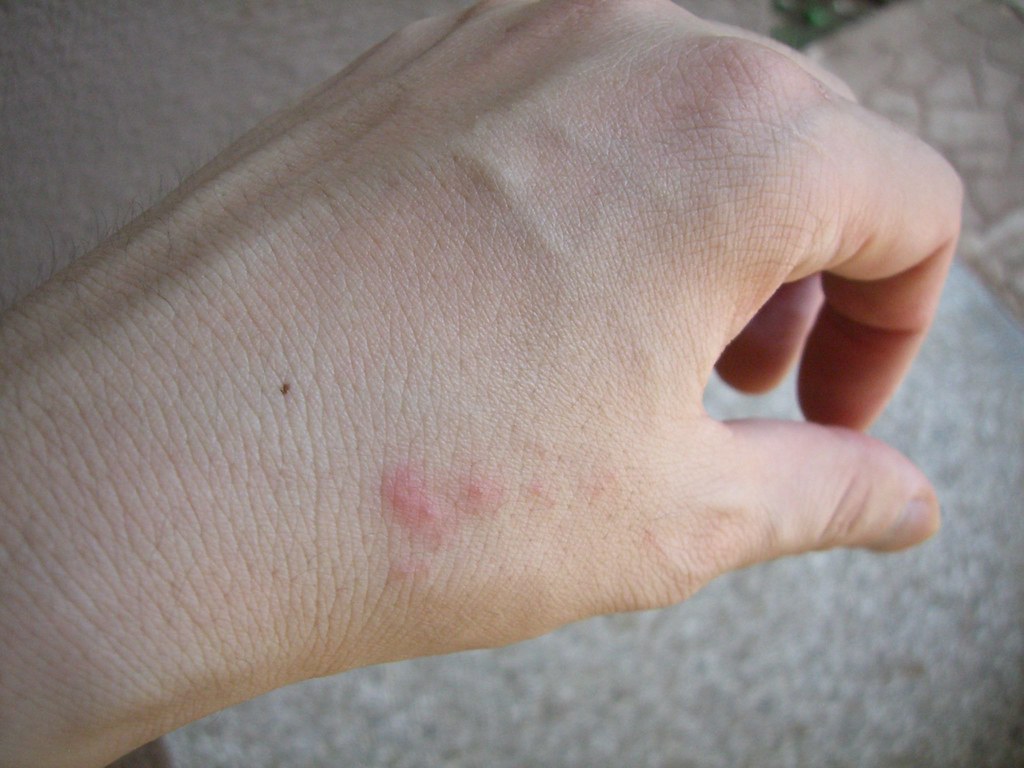Becoming an academic physician who also builds up the humanity of the unborn or builds up the science behind FABMs is even harder. Those topics don't make money and don't make friends, so these people either can't overtly do this research (i.e. they have to cloak it as MIGS or MFM) or they have to do amoral popular research in parallel. In my limited experience of successful pro-culture-of-life physicians, there is a proportion involved: the more pro-life/pro-family research you do, the more amoral research you do. The more you cloak your pro-life/pro-family research, the less you have to lead two lives to put bread on the table.
This initially made me very frustrated. Why should I have to do twice as much work as other people in order to do the research I care about? In this age of non-discrimination, why should I be effectively treated differently because of my beliefs? Of course, I realize that I'm not alone. I'm sure there are hundreds of MDs and PhDs who have pet topics that are non-fundable because they are too obscure, too unstudied, or not flashy enough to earn grants. But still! This is different. Want to do research that builds up humanity and saves the world? Tough luck.
This makes me think of a story from my childhood. I was at a big family reunion as an early teen. I have a lot of cousins that span almost two decades in age, and we were all at the pool. There was a wading pool for the little cousins and a regular pool for the "big kids." Most of the kids who could swim were in the big kid pool. Then the reunion held an event: all the adults tossed coins into the pool and the kids could keep any that they picked up.
The competition in the "big kid" pool was fierce! I was bumping into people and the coins I was diving for would get picked up by someone else. I think I ended up with a penny and two nickels. I was actually pretty pleased with myself.
The competition in the "big kid" pool was fierce! I was bumping into people and the coins I was diving for would get picked up by someone else. I think I ended up with a penny and two nickels. I was actually pretty pleased with myself.
 I was pleased, that is, until I went over to my dad, who was with my younger sister by the wading pool. My younger sister was with the little kids and had collected almost a dollar, just by bending over and picking up coins. She hadn't even gotten her face wet. I was so angry! I worked so hard to get eleven cents and my younger sister, who had no appreciation for money anyway, had easily collected almost ten times what I got! And I hadn't even realized that the wading pool was an option. My pleasure turned into hurt.
I was pleased, that is, until I went over to my dad, who was with my younger sister by the wading pool. My younger sister was with the little kids and had collected almost a dollar, just by bending over and picking up coins. She hadn't even gotten her face wet. I was so angry! I worked so hard to get eleven cents and my younger sister, who had no appreciation for money anyway, had easily collected almost ten times what I got! And I hadn't even realized that the wading pool was an option. My pleasure turned into hurt.
My dad took the chance to teach me something I have thought about several times since then. "There will always be people who get eleven cents with lots of work and people who get dollars without doing much," he said. Later in life, he would add, "We're called to be faithful, not successful." So I'll try to apply this attitude to work. I will do what I can to pursue my calling faithfully.




